Here are some of the biggest Supreme Court cases to watch this term
Justices will hear questions involving Donald Trump’s eligibility for office, abortion rights, gun ownership, the First Amendment and other major cases
Your support helps us to tell the story
From reproductive rights to climate change to Big Tech, The Independent is on the ground when the story is developing. Whether it's investigating the financials of Elon Musk's pro-Trump PAC or producing our latest documentary, 'The A Word', which shines a light on the American women fighting for reproductive rights, we know how important it is to parse out the facts from the messaging.
At such a critical moment in US history, we need reporters on the ground. Your donation allows us to keep sending journalists to speak to both sides of the story.
The Independent is trusted by Americans across the entire political spectrum. And unlike many other quality news outlets, we choose not to lock Americans out of our reporting and analysis with paywalls. We believe quality journalism should be available to everyone, paid for by those who can afford it.
Your support makes all the difference.The Supreme Court is back in session.
In the 2023-2024 term, Supreme Court justices will hear cases involving the Second Amendment, abortion rights, racial gerrymandering, free speech online, union battles and Donald Trump’s eligibility for office.
Now more than ever, US voters are keeping a close eye on the highest court in the land after two contentious years produced a series of negatively viewed decisions.
Going into the new term, US voters can expect rulings to align more conservatively just as they have the last two years because the court’s majority leans that way.
These are the cases to watch.
Eligibility for the Presidency: Donald Trump v Norma Anderson et al
Justices will consider Mr Trump’s appeal of a Colorado court decision that found him constitutionally ineligible for the presidency for his actions surrounding the attack on the US Capitol on January 6.
The state invoked Section Three of the 14th Amendment which prohibits anyone who has sworn an oath to uphold the Constitution and “engaged in insurrection or rebellion” from holding public office.
Should the court find Mr Trump ineligible, he would not be able to run for president – despite being the Republican frontrunner.
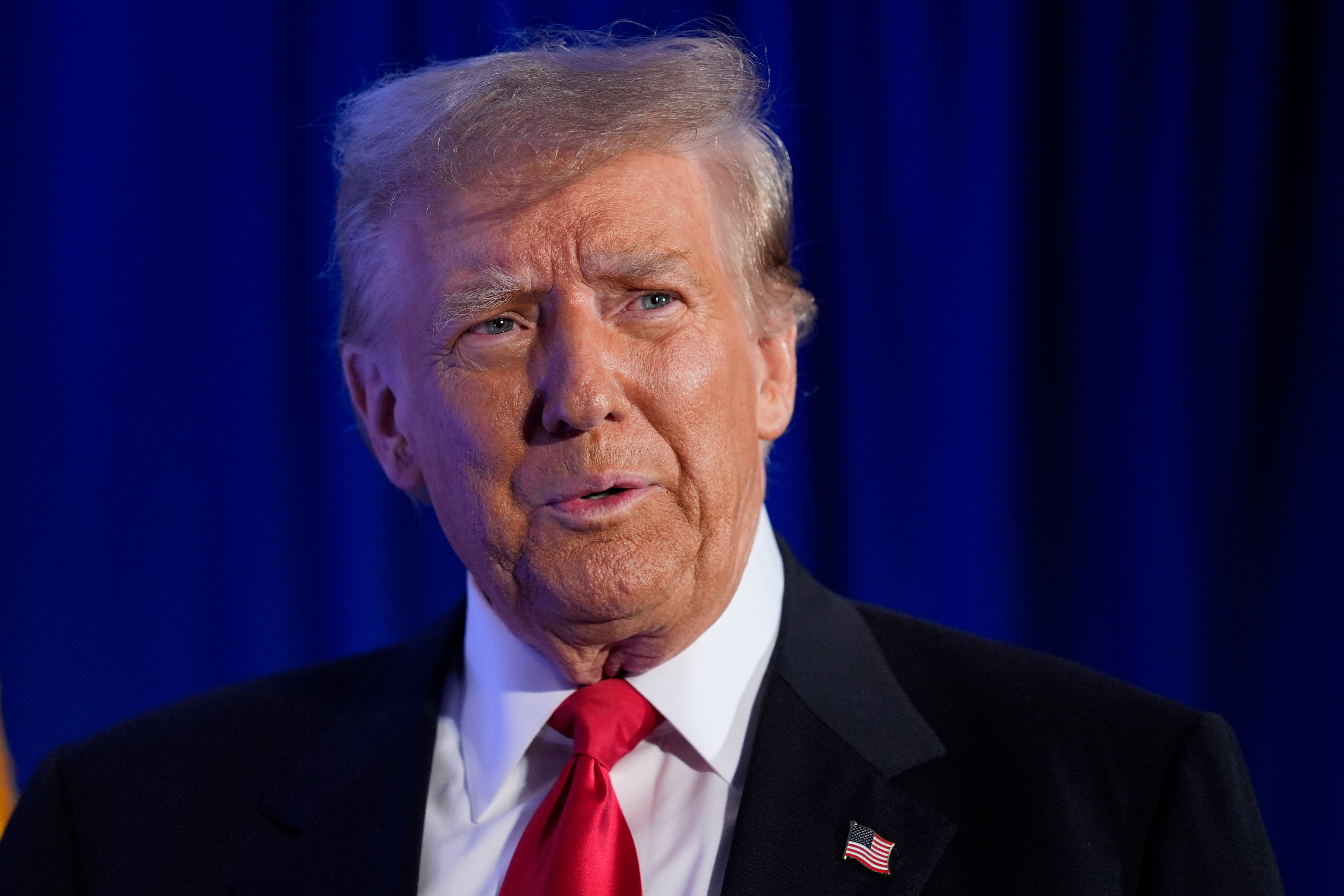
Racial gerrymandering: Alexander v South Carolina State Conference of the NAACP
Justices are being asked to uphold or reverse a lower court found that South Carolina’s First Congressional District violated the Constitution because it discriminated against Black voters by moving tens of thousands of the Black voting population into other districts.
The Supreme Court’s ruling will either expand voting rights or limit them.
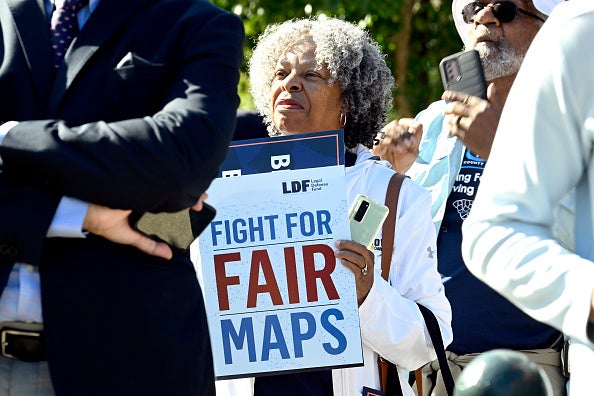
Abortion rights: FDA v Alliance for Hippocratic Medicine and Danco Laboratories v Alliance for Hippocratic Medicine
In its first abortion case since overturning Roe v Wade last year, the court will examine a lower court ruling that severely restricts access to the commonly used abortion drug mifepristone.
A group of physicians represented by Alliance Defending Freedom is asking the court to overturn the government’s approval of the drug. Mifepristone, which has been approved by the US Food and Drug Administration since 2000, is used in the medication that accounts for more than half of abortions in the US.
Should the court uphold a lower court’s ruling, access to reproductive healthcare would once again be severely limited across the US by the nation’s highest court.
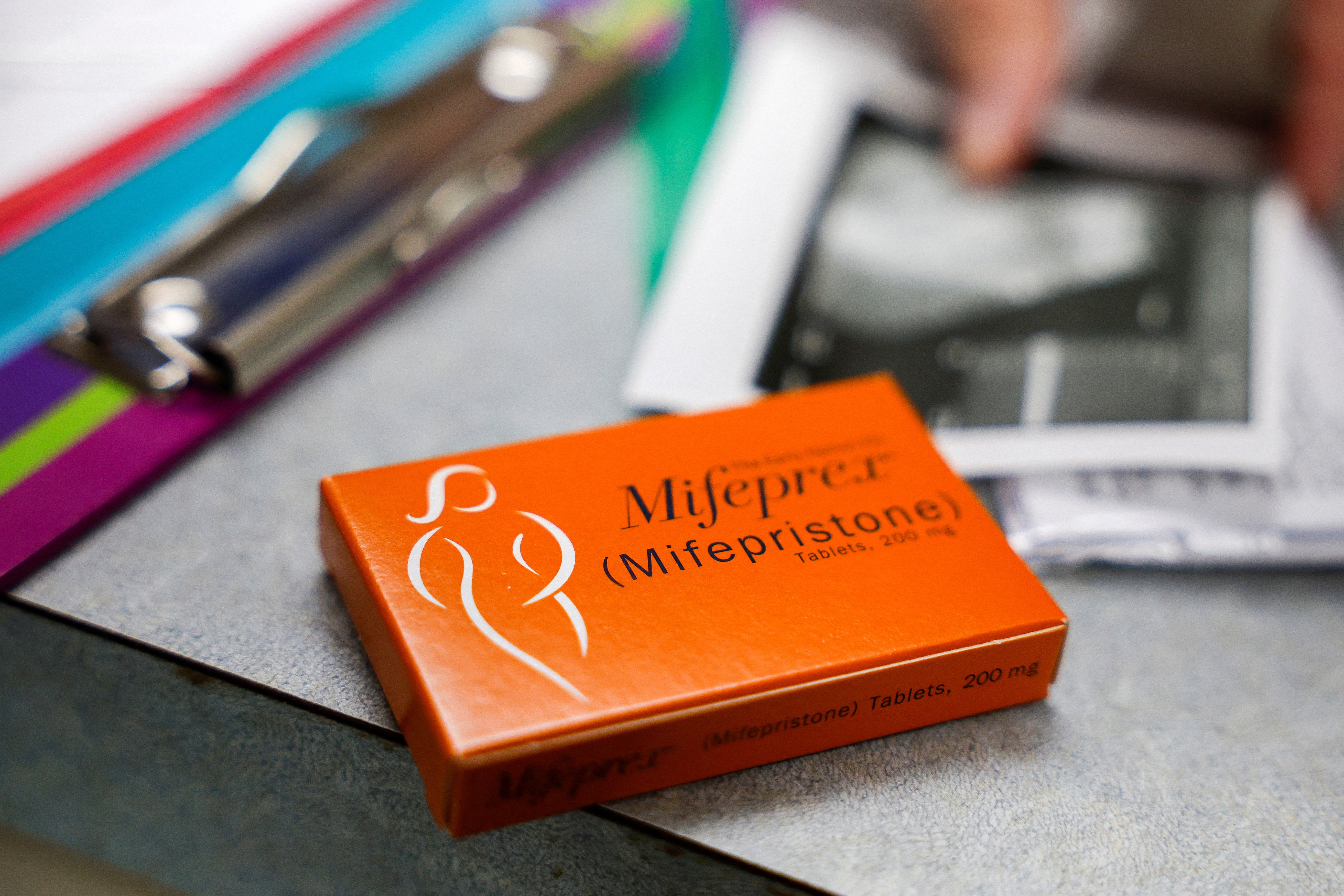
Second Amendment: United States v Rahimi
This case questions whether individuals with domestic violence restraining orders against them can possess a firearm under the Second Amendment.
A ruling in favour of Rahimi could allow people with a history of domestic violence to legally obtain a firearm, which could have profound impacts on the ways courts and law enforcement protect abuse survivors and combat the gun violence epidemic.
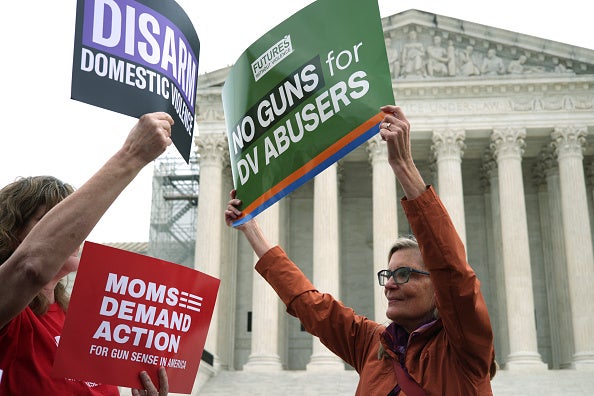
Labour rights: Starbucks v Kathleen McKinney
A high-profile union battle at the world’s largest coffee retailer will head to the nation’s highest court, where justices will review a lower court decision that found Starbucks illegally chilled a union campaign in Memphis, TN after firing seven workers in 2022.
A federal labour agency determined they were fired for supporting a union.
The justices will review the process for court injunctions that can keep workers employed during litigation involving unfair labour practices.
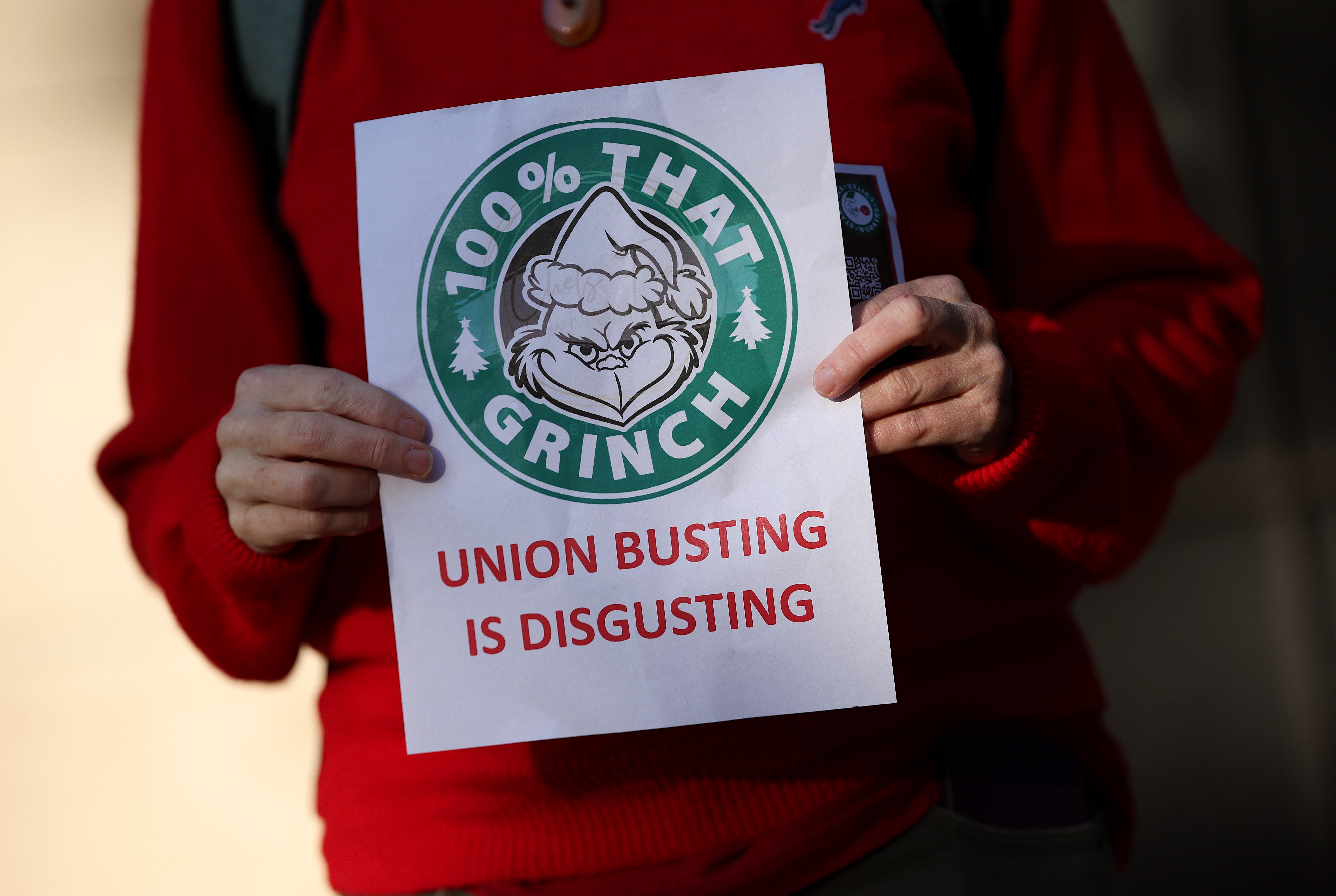
Regulatory: Consumer Financial Protection Bureau v Community Financial Services Association of America
This case is asking justices to determine if the way the Consumer Financial Protection Bureau (CFPB) is currently funded is a violation of the Appropriations Clause of the Constitution which says money cannot be drawn from the Treasury without congressional approval.
A ruling against the CFPB could have massive implications for the watchdog agency’s ability to regulate and enforce financial statutes.

Administrative: Loper Bright Enterprises v Raimondo
The Court will decide if it should reverse the Chevron deference – a doctrine that arose from the landmark case Chevron USA v Natural Resources Defense Council – which requires courts to defer to the expert agency when understanding and enforcing ambiguous statutes.
A decision that reverses the Chevron deference would upend how health care, energy, pollution and more are regulated by giving courts the power to interpret and implement statutes.
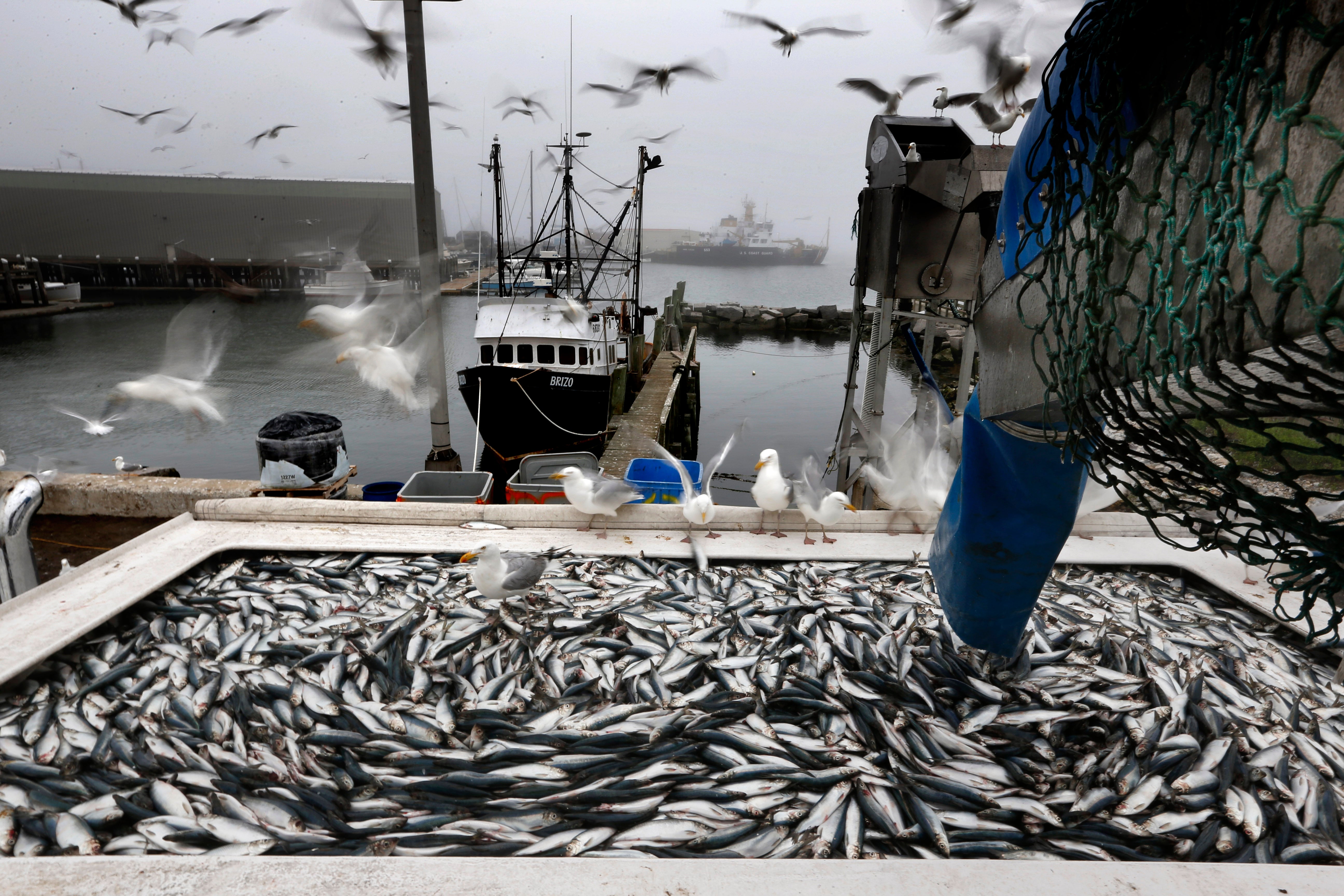
Administrative: Securities and Exchange Commission v Jarkesy
Justices are being asked to determine if defendants in fraud proceedings brought by the Securities and Exchange Commission (SEC) are entitled to a jury rather than litigated under the agency’s in-house court – commonly referred to as an administrative law judge (ALJ).
More than 30 administrative agencies use ALJs. A decision limiting their ability to bring penalties forward without a jury would cause major disruptions.
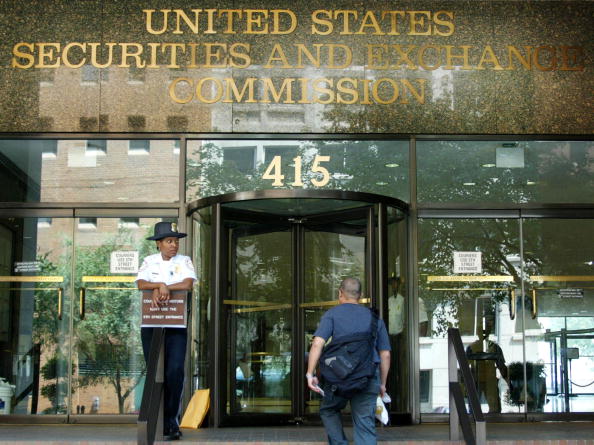
Homelessness: Grants Pass, Oregon v Gloria Johnson et al
Justices will decide whether local governments can legally ban people experiencing homelessness from camping on public property which opponents argue violates constitutional protections against “cruel and unusual punishment”.
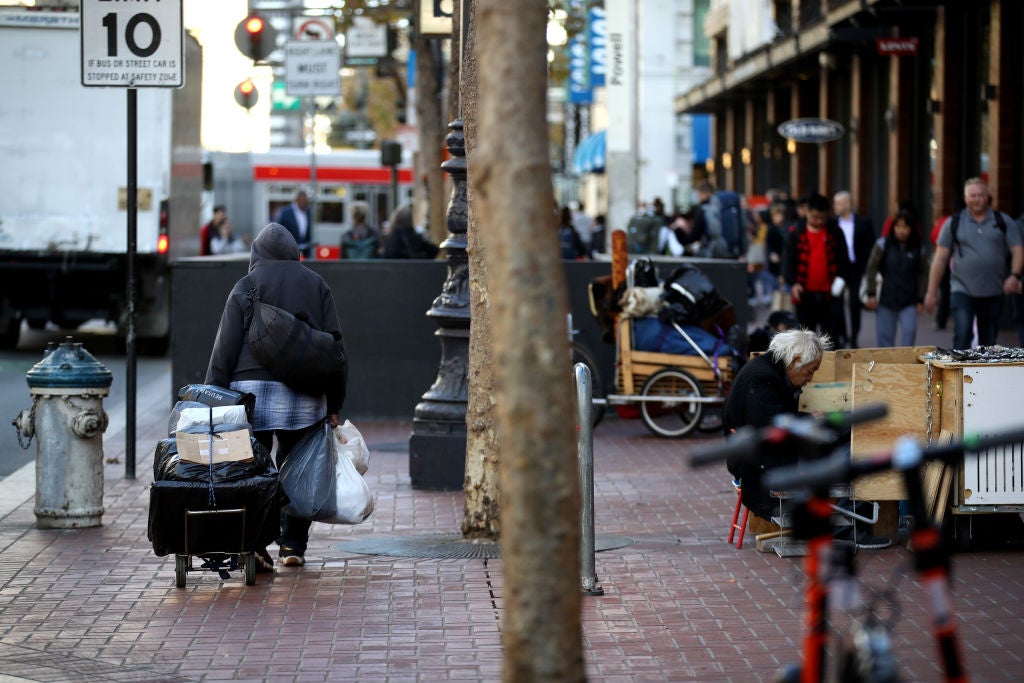
First Amendment: Moody v NetChoice LLC and NetChoice LLC v Paxton
The court is being asked to determine if laws in Florida and Texas that prohibit social media platforms from removing speech are a violation of the First Amendment.
A decision that upholds the respective laws could allow states to regulate content moderation on social media. It could prove particularly dicey when it comes to freedom of the press online.

First Amendment: Murthy v Missouri
The court will decide if the Biden administration violated the First Amendment when it asked social media companies to monitor speech online by taking down posts that circulate Covid-19 misinformation.
Oral arguments have not been scheduled yet.
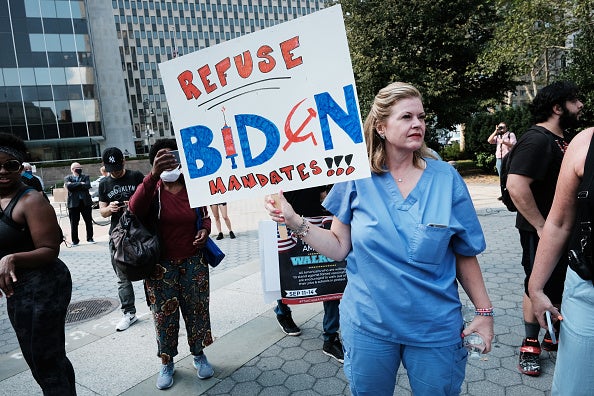
First Amendment: Lindke v Freed and O’Connor-Ratcliff v Garnier
In these consolidated cases, the court is being asked to specify if the content a public official posts on social media to communicate job-related matters is considered state action and if blocking people violates the First Amendment.
The ruling in this case will set general rules as to how public officials may use social media when communicating about their jobs.
Oral arguments occurred on 31 October.
First Amendment: National Rifle Association v Vullo
The case is asking if a government official can threaten regulated entities if they conduct business with a subjectively controversial speaker.
The National Rifle Association (NRA) is arguing that the former superintendent of the NY Department of Financial Services (DFS), threatened insurers who conducted business with the NRA in a “guidance” note sent in 2018.
A ruling in the case also has implications for the Second Amendment – specifically by upending a law in New York that prevents insurers from selling products that provide protections to people who shoot other people.
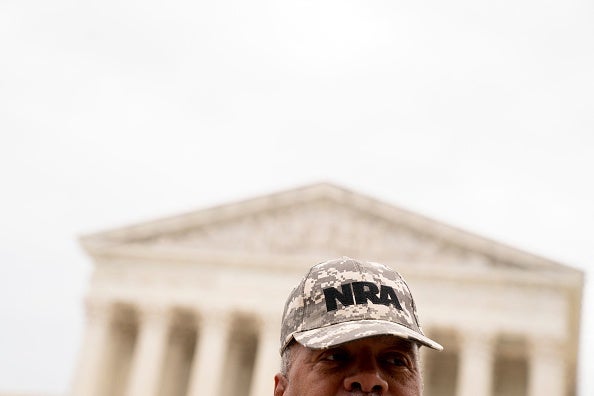
Criminal law: Pulsifer v United States
In this criminal law case, the court is being asked to clarify a poorly worded provision of the First Step Act that determines the length of time a defendant can be sentenced.
Clarification on the wording will determine if thousands of defendants in federal prison could benefit from shorter sentences.
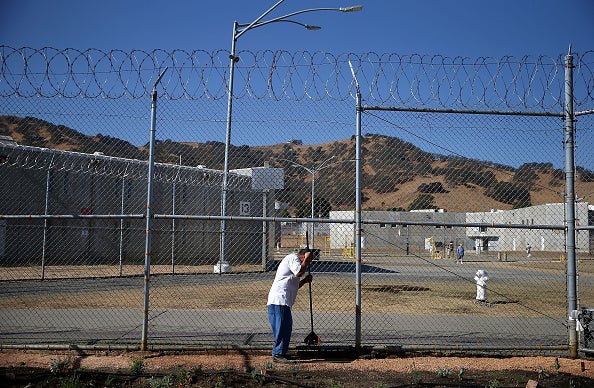
Trademark infringement: Vidal v Elster
Justices are being asked to decide if refusing to register a mark that criticises a government official or public figure violates the First Amendment.
The case has to do with Steve Elster’s attempt to register “TRUMP TOO SMALL”.
A ruling in this case will determine if political speech about a public figure or government official can be trademarked. A decision in favour of Mr Elster would mean people in public official positions could lose some rights to name protections.
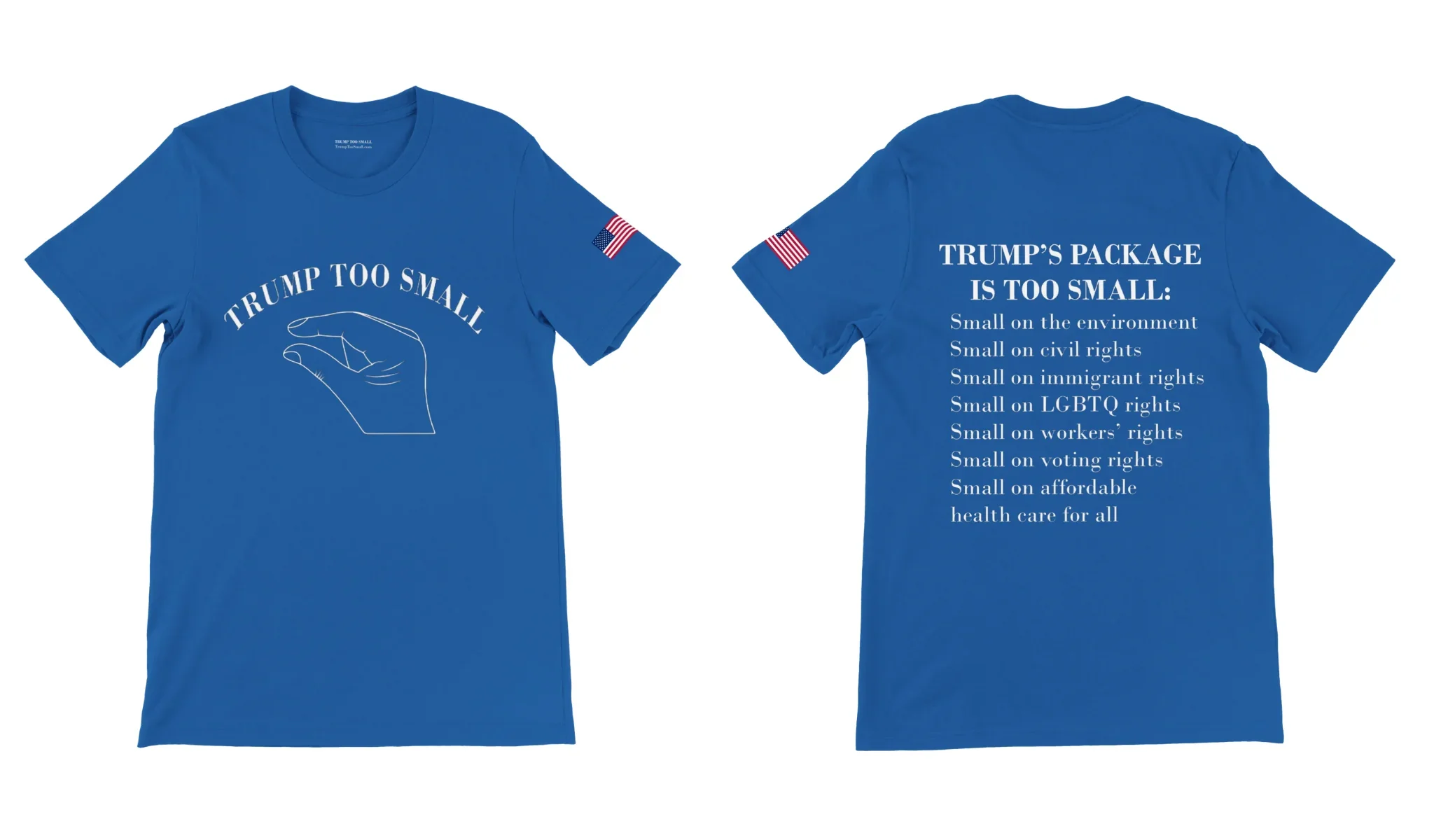
Bankruptcy: Harrington v Purdue Pharma
Justices are being asked to determine whether bankruptcy law allows for people who aren’t bankrupt to be protected by liability releases.
It stems from the settlement between Purdue Pharma and victims who overdosed due to the company’s opioid drug, OxyContin.
A ruling in the case can be consequential for wealthy individuals or companies who are no strangers to using bankruptcy claims to get out of liability suits.

Join our commenting forum
Join thought-provoking conversations, follow other Independent readers and see their replies
Comments